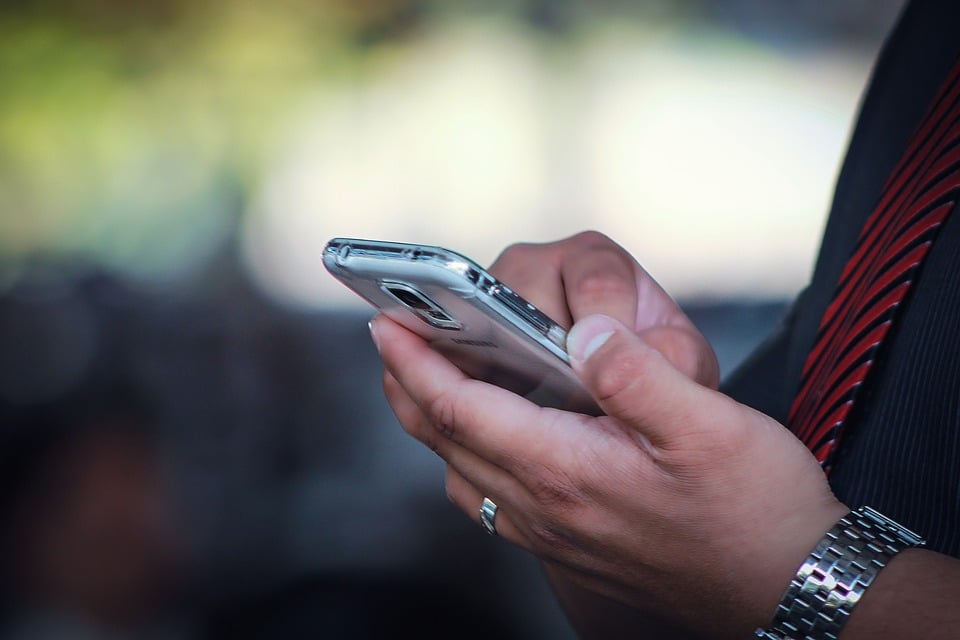The stance of the Commissioner for Children’s Rights on the use of mobile phones in schools raises questions, with her agreeing to a ban in primary schools and a few weeks later taking an opposite stance for high schools, where the problem is worse, the education ministry said.
In a statement on Friday, the education ministry emphasised that creating a supportive learning environment, improving grades, and promoting student mental and physical health should be a common goal for the state, institutions, parents, and students.
Commenting on a House committee debate about whether mobile phones should be allowed in public high schools, in light of a statement by the Commissioner for Children’s Rights, the ministry assured that it is determined to take child-oriented measures.
The ministry noted that regulations were passed a few weeks ago, with the agreement of the commissioner, banning mobile phones in primary schools. “The totally opposite approach raises questions,” the ministry stated, considering that “the problem is more acute in older children.”
Students will be allowed to carry a mobile phone in their bags, as long as it is switched off and will be able to use it in emergencies, the ministry explained.
It cited international studies that warn against the “plague” of excessive mobile phone use, especially among young people and students.
These studies link mental disorders, stress, depression and concentration deficits to mobile phone use, with many countries having already banned them in schools and others set to follow.
The ministry dismissed arguments that banning mobile phones in schools would show a lack of trust towards students. It noted that prohibiting the use of phones at school was based on data linking them to violence, delinquency, and online bullying.
Technology is being introduced in schools where it is deemed useful for educational purposes, the ministry concluded.






Click here to change your cookie preferences